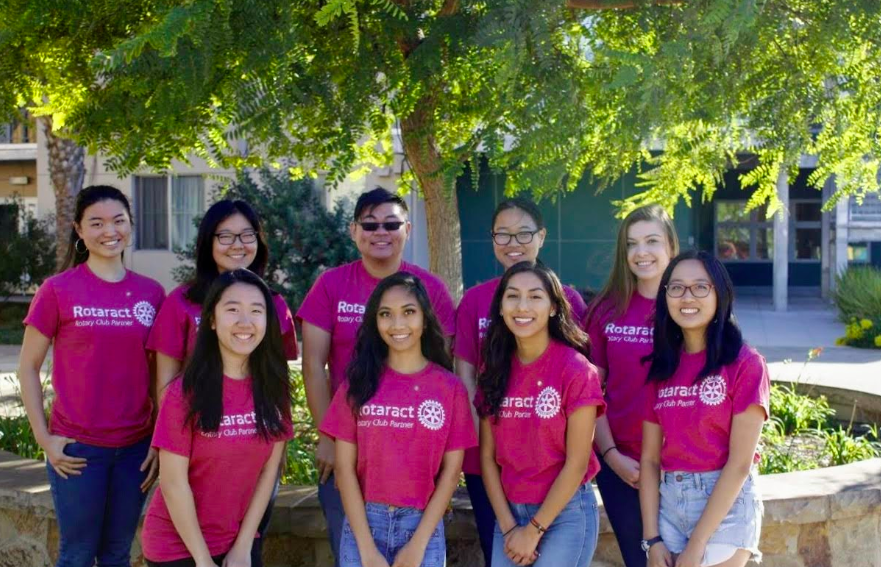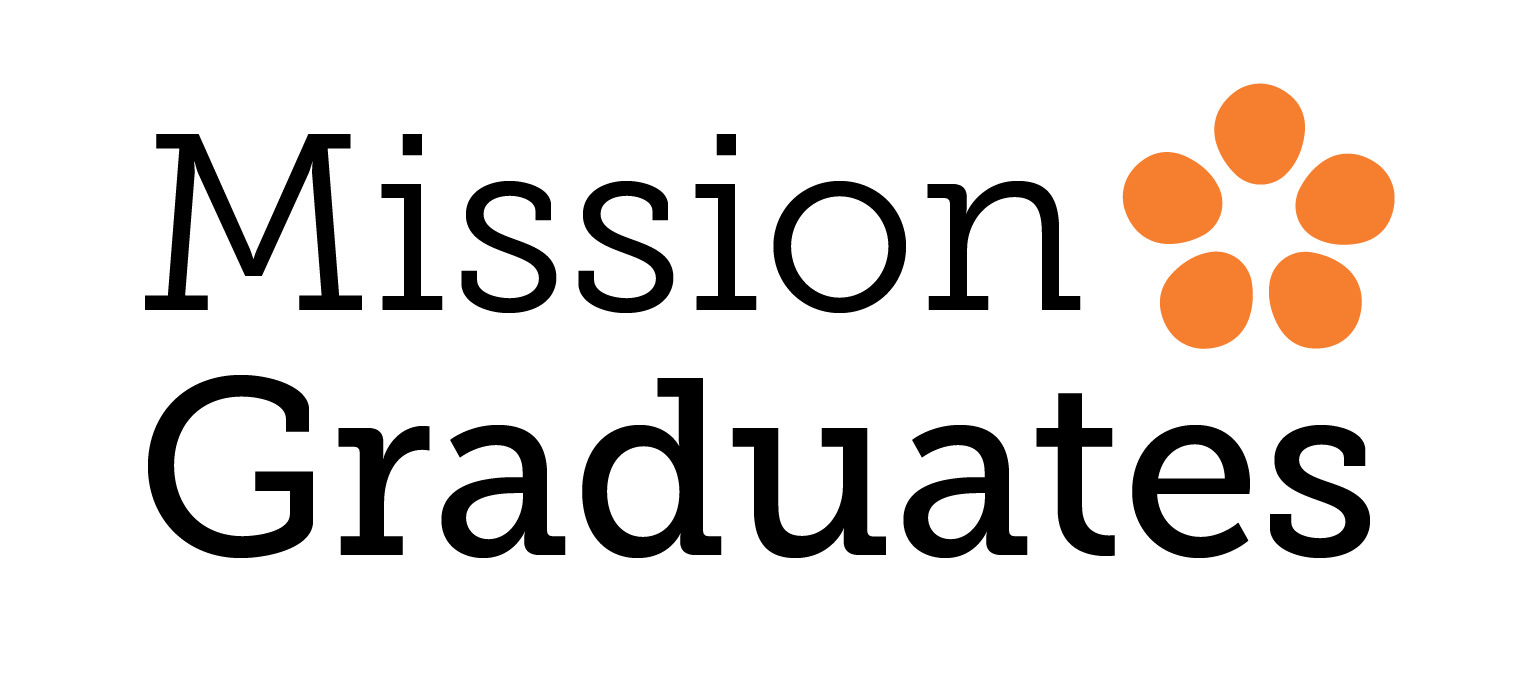ASAP features different first generation college stories from people from our community. Amairani is our 2019 summer intern, who is currently a UC Santa Barbara Student.
My path to college, like many first-generation and students of color, was not an easy one.
My parents migrated to the U.S. to provide my brother and I with better economic and social opportunities, therefore, the idea of higher education was ingrained into me from a young age. I call it an “idea” because for a long time it was just that. I worked hard and excelled in my academics to make my parents proud and set a good example for my younger brother, but it wasn’t until sophomore year of high school that college started to become a reality. As exciting as it was to see how far I’d made it in my education, I was also terrified for what was next. Having attended predominantly white schools in a very rich community, I was used to hearing kids talking about their dream schools, but I was never educated on what any of it meant or how I could even get there.

Amairani is an ASAP intern this summer! She is on the bottom row the second, from right to left.
I had no idea what SAT/ACT or subject tests were and I didn’t know the difference between the types of degrees. Even simple terms like “major” and “minor,” had no meaning to me. With no education of their own, my parents were unable to help and my school counselor proved to be of no help. He constantly shot me down and further tried to reinforce the idea that higher learning institutions were not meant for people like me. Still, I pushed myself to seek out my own resources and information. By junior year I was more informed and more prepared to apply to college thanks to an organization that believed in my potential and helped me through the entire process.

I am so thankful for that organization and others like it for guiding my path and making my dreams possible. What once seemed so foreign and impossible is now a reality — I am a 4th year student at the University of California, Santa Barbara pursuing a bachelor’s degree in Global and International Studies. While, there are many challenges that come with being a first-generation student and woman of color, I was lucky enough to find students who look like me and have similar backgrounds and similar stories.
The summer before college, I participated in STEP, which is a free program that brings out low-income and first-generation students for two weeks to help them get familiar with the campus, meet professors, and connect with one another. Through that program and the EOP program at my school, I was finally able to find my identity and achieve a sense of belonging.
Additionally, I’ve found my passion for volunteerism, helping others, and pushing the oppressive boundaries of higher learning institutions. I’ve learned to embrace my background and feel empowered by what I’ve experienced and what I’ve accomplished. My hope is to inspire others to find their voice too.

